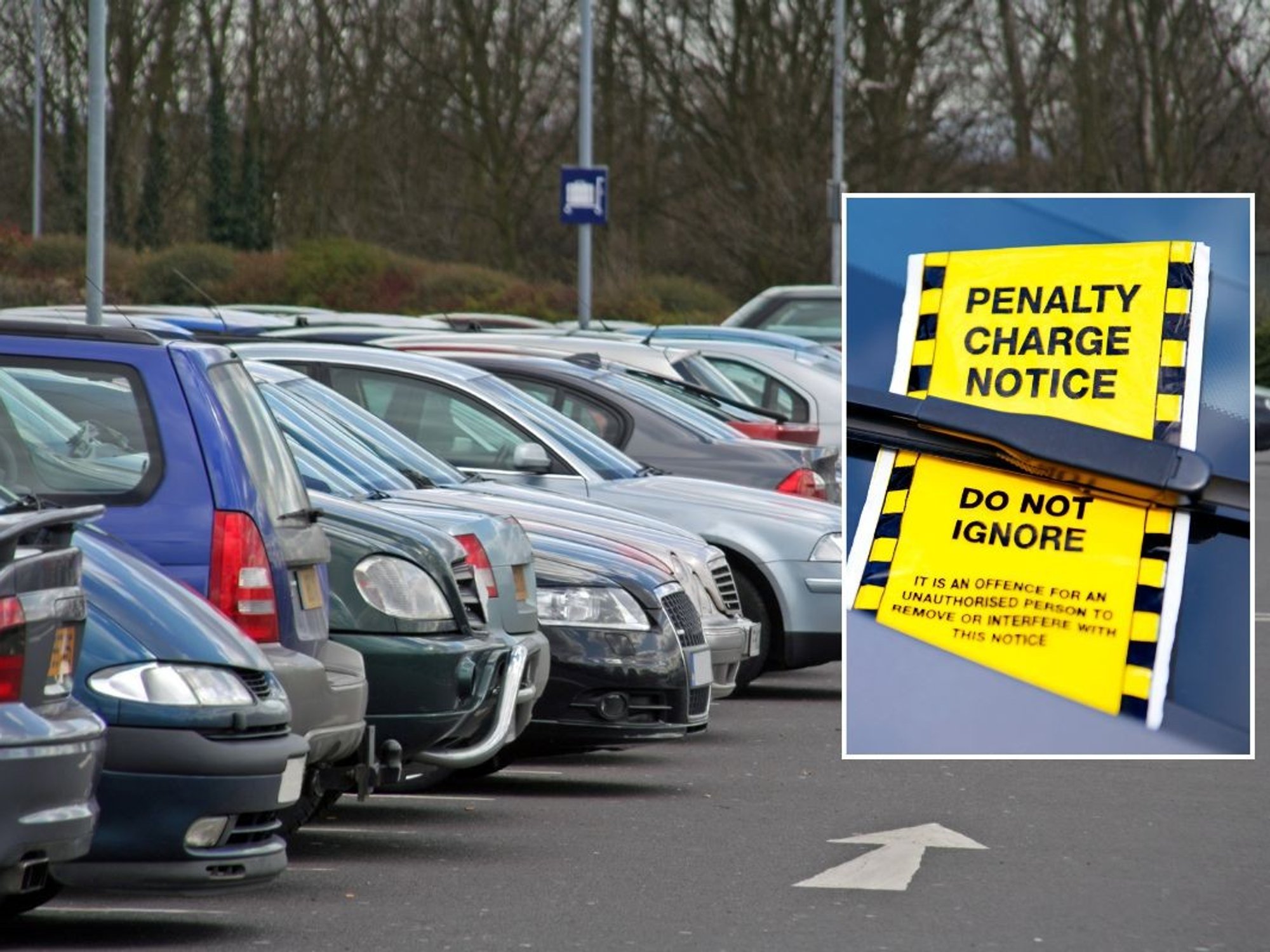Travelling to Europe? Everything Britons need to know about new EU rules rolling out this weekend

Most searched European locations by British holidaymakers |
GB NEWS

The new rules aim to make travel to EU countries easier for Britons
Don't Miss
Most Read
Britons need to take note if visiting Europe from this weekend as new border travel rules roll out.
The EU's new Entry/Exit Systems (EES) will come into effect on October 12 and aims to make border checks more efficient and improve security within the EU.
Non-EU visitors to the Schengen area - like those with a British passport - will no longer get a stamp on their passports. Instead, they will be registered by an automated IT system.
Britons will have their passports and travel documents scanned, and their picture and fingerprints will be taken for future record.
TRENDING
Stories
Videos
Your Say

Holidaymakers should give themselves more time when moving through the airport
| GETTYThe EES will be gradually rolled out to 29 European countries over six months, and is expected to be in operation in all EU border crossing points by April 10, 2026.
This will affect travel to holiday hotspots such as France, Italy, Croatia, Spain, Malta, Portugal, Greece and more. While this aims to make travel more efficient, holidaymakers could notice some delays while the system rolls out, so it is worth planning ahead and giving yourself plenty of time to get through border control.
There will also be some notable differences when Britons holiday within these regions for the first time after October 12.
Fingerprints and facial images will be taken on your first qualifying visit. This information will then be held for up to three years and used for future verification during this period.
Latest Developments
Travel insurance expert at Confused.com, Alvaro Iturmendi, commented: “From October 12, 2025, the EU will begin rolling out its new EES at external borders. It’s a digital system that will record when non-EU nationals, like UK holidaygoers, enter or leave the Schengen Area.
"On your first trip after the system goes live, border staff may take your photo and scan your fingerprints to create a digital file. Once this has been done, future entries should be quicker. Some borders are also offering self-service kiosks or mobile apps to make the process even smoother, especially if you have a biometric passport."
Exemptions will apply to non-EU nationals who have a residence card or permit, or those with a long-stay visa. Children under the age of 12 will not have their fingerprints taken, and there are some exemptions for business travellers and students.
As always, holidaymakers should make sure their passports meet all necessary travel requirements before heading to the airport. Mr Iturmendi added: “Even though the new system is designed to speed things up in the long run, these new checks could add extra time at border control.

The rules will apply when travelling to holiday hotspots like Greece, Spain and more
| GETTY"If you have onward travel planned, such as transfers, make sure you allow more time to get through the airport. It's also vital that your passport itself meets all other EU rules to avoid any further disruption at the airport.
"Our research found that less than half (43 per cent) of holidaymakers know that if you are travelling to the EU, your passport must have been issued less than 10 years before your departure date and have at least three months left before you return.
“If your passport does not meet these requirements, you could be refused entry. With the new system just around the corner, making sure your documents are in order will allow you to travel stress-free and help you avoid any last-minute disasters."
Our Standards: The GB News Editorial Charter
More From GB News










